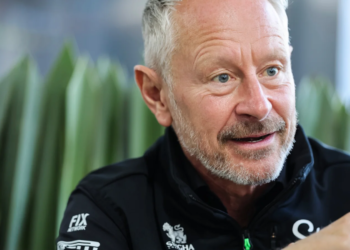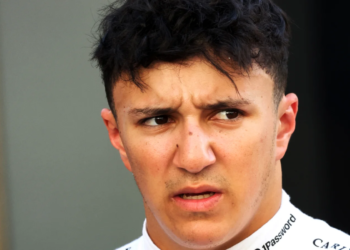Many F1 drivers have expressed concern with Nico Rosberg's pole lap at last weekend's Hungarian Grand Prix, in which he set his improved time having gone through 'double-waved' yellow flags, and have called for clarification from the FIA.
The issue will be discussed in tomorrow's drivers' briefing ahead of the German GP, to clarify what is allowed and to avoid what was viewed by some as a potentially dangerous precedent.
"For sure it will come [up]," said Felipe Massa of Friday's briefing. "It's important for the driver to know 100 per cent on what to do.
"I hear a number – 'you need to be half a second slower', or 'one second slower'. But I don't know.
"We need to be sure – that's something we need to understand 100 per cent a little bit more. What happens when you see a double yellow flag in the qualifying and practice? We know you need to slow down a lot but how much?
"My understanding is that with a yellow flag you need to slow down massively, but that's not what happened in the last race."
Romain Grosjean agreed, adding: "If we want to improve safety then that is the first one [thing] to improve," said the Haas driver. "Because setting pole position on a double yellow is a bit dodgy and he didn't get anything so everyone is going to push the limit and push and the limit and say 'look, I backed off'.
"And we are the example for all the young drivers…if a young guy racing Formula Renault 2 litres sees that you can get a pole position under a double yellow flag they're going to do the same and there may be marshals on the track."
Sebastian Vettel concurred also: "I think double yellow…should be double caution," he said.
Sergio Perez however defended Rosberg's actions: "Every driver would have done the same in his [Rosberg's] position," added the Mexican.
He said too that a blanket rule could be problematic.
"[In] your last run of Q3 you have a lot more grip; if you lose a tenth or two by lifting you can get it back somewhere else…I think the rule is clear, you have to show that you lift."







Discussion about this post